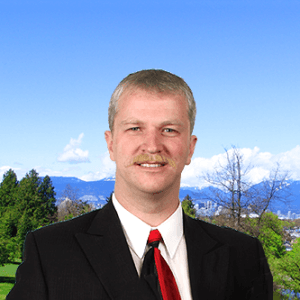
Randolf Richardson is the founding President of the Canadian atheists; born and rasied in Canada, he has always been an atheist, and has a passion for the freedoms born of our history that defined key constitutionally-fortified principles of Canadian culture that emphatically protect fairness, justice, and equality for everyone.
“Oppression anywhere is a threat to freedom everywhere.”
Randolf Richardson (August 8, 2015)
Since the turn of the millennium, Randolf gradually became more active in preventing – or at least discrediting – the vilification of both atheism and skepticism, and promoting diversity and inclusiveness as a necessarily-better alternative to discriminatory attitudes, particularly those poised against atheists. Randolf is also a major proponent of what he calls “the free exchange of ideas” because he believes that censorship, which removes opportunities for people to think independently, ultimately causes more problems than it solves.
Randolf’s philosophy concerning atheism is that it is merely a classification of not believing in deities (gods and goddesses), and that atheism is not a position (which would require defense from a definitional standpoint if it were). Unfortunately, atheism is misunderstood by some people in a variety of confusingly different ways, so in an effort to help combat this problem, and after much research, Randolf published a free web site at www.define-atheism.com that comprehensively documents the commonly-used and academically-supported definition of the words “atheism” and “atheist.”
Despite the occasional use of a myriad of labels to sub-categorize the various reasons that people are atheists (e.g., consequence, conscious choice, no reason at all, etc.) and/or their agendas (most atheists don’t have an “atheist agenda”), Randolf prefers not to use these terms because he feels that they add confusion and complexity to conversations. He finds that additional words like “skeptic” and “anti-theist” (and others) are already more than sufficiently clear to further identify common individual characteristics on an as-needed basis.
